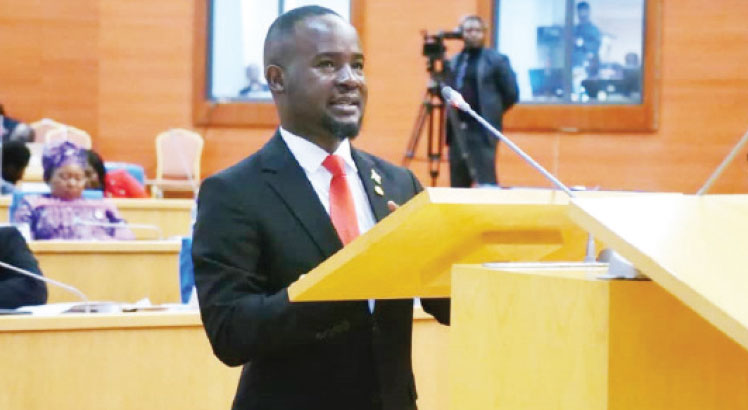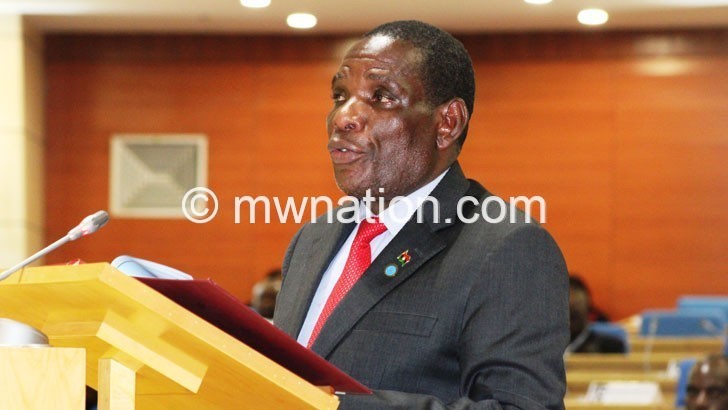Rush for tobacco dollars
Commercial banks are competing to buy foreign exchange earnings from tobacco by narrowing their margins, Business News has learnt.
Since the tobacco dollars started trickling in, there have been competitive official buying rates for most Authorised Dealer Banks (ADBs), though official selling rates have not made any changes.
The situation has seen banks buying dollars from the market at different competitive rates to accumulate more foreign exchange, in the process narrowing their profit margins in foreign exchange business.
While selling rates have remained unchanged, at around K1 036 to the dollar, the banks are willing to buy a unit of a dollar at varying rates, ranging from K1 020-K1 026, according to industry insiders.

According to published foreign exchange rates on Tuesday, National Bank of Malawi, for instance, was selling a dollar at K1 036 and was buying the same at K1 020.
Reserve Bank of Malawi (RBM), however, directed that the margin for all currencies between buying and selling rates should not be more than two percent.
Financial Market Dealers Association of Malawi (Fimda) president Leslie Fatch, in an interview, said banks have been forced to increase tobacco buying rates primarily for competition purposes.
“Banks want to get a bigger share of tobacco proceeds which in essence also compensate the farmers for their toils.
“So, in actual trading, banks are narrowing their margins from the maximum two percent spread as stipulated by the RBM to get the share of the perceived increased supply from tobacco that is driving the actual traded rates up,” he said.
Fatch was, however, quick to indicate that the board rates are indicative only, but actual transactions rates are slightly higher though within the RBM regulations.
“When you look at the actual trade for the other periods, you will notice that the weighted average rate is higher than the board rate. Gone are the days when banks would stick to the board rates to process tobacco proceeds. The market is aligning and compensating the farmers,” he said.
An insider in the banking sector also confided to Business News that banks in a desperate move to secure forex are losing out on forex trade just to get a little available on the market.
“You will notice that we have other figures on display but there are internal rates for tobacco for most banks. All this goes to the demand supply issues where clearly everyone wants a little something for the little available. Others are going as high as K1 026 just to attract buyers,” he said.
On his part market analyst Comas Chigwe also observed that the situation at hand mirrors the limited forex supply in the country where banks are sacrificing their margins to earn more.
He said: “There are instances when banks are willing to make no margin at all or even losses in some cases on foreign exchange just to keep some of their customers happy. It is expected in the season but now this is mostly because of the scarcity of forex.”
Earlier, Malawi experienced significant seasonal volatility in its foreign exchange inflows, with earnings from the key tobacco export crop concentrated during the March to August period.
The country’s growing demand for imports against limited exports has however changed the pattern as the country has continued to experience forex shortages even during the tobacco season.
Currently, Malawi is facing forex challenges, where businesses are reportedly struggling to access forex.
In February 2023, total foreign exchange reserves stood at $659.20 million, an equivalent of 2.63 months of import cover down from $663.59 million, an equivalent of 2.66 months of import cover in January 2023.





